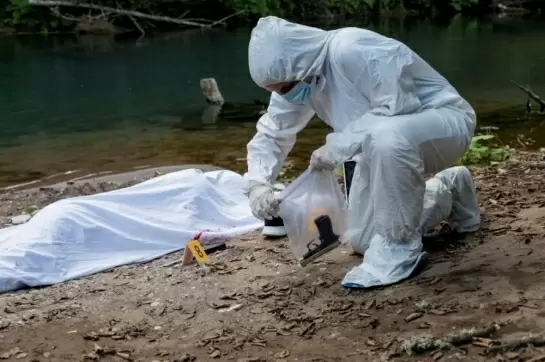Microplastics are harming our drinking water: Study
10-September-2019
Researchers have found plastics in our waste streams are breaking down into tiny particles, causing potentially catastrophic consequences for human health and our aquatic systems.
For the study, published in the journal Water Research, researchers investigated nano and microplastics in water and wastewater treatment processes.
The team found that tiny pieces of plastic break down further during treatment processes, reducing the performance of treatment plants and impacting on water quality.
"The presence of nano and microplastics in water has become a major environmental challenge. Due to their small size, nano and microplastics can easily be ingested by living organisms and travel along water and wastewater treatment processes," said study lead author Judy Lee, Professor the University of Surrey in the UK.
"In large quantities they impact the performance of water treatment processes by clogging up filtration units and increasing wear and tear on materials used in the design of water treatment units," Lee said.
Approximately 300 million tons of plastic are produced globally each year and up to 13 million tons of that is released into rivers and oceans, contributing to approximately 250 million tons of plastic by 2025.
According to the researchers, since plastic materials are not generally degradable through weathering or ageing, this accumulation of plastic pollution in the aquatic environment creates a major concern.
The research highlights the current difficulty in detecting the presence of nano and microplastics in treatment systems.IANS
Delhi Metro officials brief CM Rekha Gupta on anti-smog guns, mist sprays to check pollution
Another Hindu man brutally attacked, set on fire in Bangladesh
Delhi Metro officials brief CM Rekha Gupta on anti-smog guns, mist sprays to check pollution
Pakistan: Sindhi leader urges UN to act on enforced disappearance of activists
this is a smpolke test data









